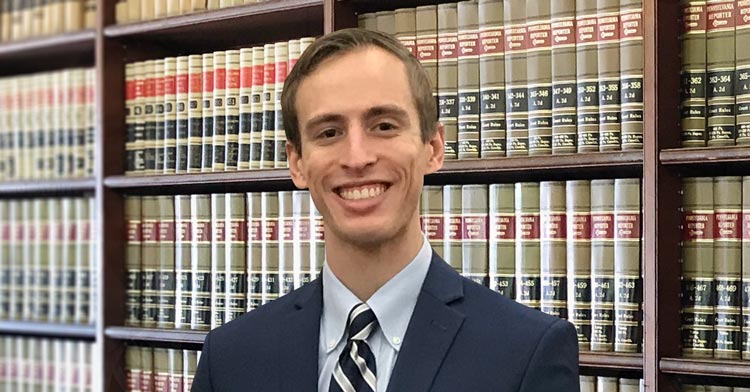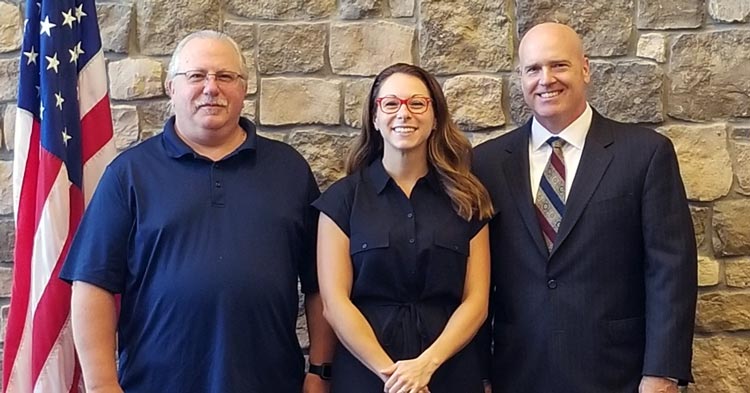You may have heard about the “alternate valuation date” when valuing assets for federal estate tax purposes during estate administration. Generally, when a person dies, the personal representative is required to value the decedent’s assets as of the date of death. However, under federal estate tax law, the personal representative can do so up to six months after the date of the decedent’s death. Talk to an estate attorney to learn more.
The purpose of this additional time is to provide flexibility to the personal representative in selling, administering, and ultimately, paying taxes on the estate’s assets. When the federal estate tax is 40%, this is a significant decision.
How to I know which alternate valuation date to use?
When a personal representative considers whether to use an alternate valuation, he needs to consider the consequences to all three types of taxes commonly assessed against decedents' estates and their heirs. These taxes are:
a) federal estate tax
b) state inheritance or estate tax
c) federal and state income taxes
For most people, the alternate valuation is not a viable choice. An estate attorney can clarify your options.
Should I claim the alternate valuation?
An alternate valuation date must do two things. It must decrease the value of the federal taxable estate, and it must decrease the amount of federal estate tax due. 26 U.S.C. § 2032(c). Whether you can or should claim the alternate valuation requires some knowledge of the interaction of the various income, estate, and inheritance taxes.
The value of the gross federal estate is generally calculated by including the value of all assets, whether they are probate assets (that pass via the will) or non-probate assets (that pass by operation of law, contract, or beneficiary designation). The federal estate includes business interests, many interests held in trust, and life insurance proceeds from a policy the decedent owned on his own life, along with other assets.
There is good news, however. Most people don’t pay federal estate tax.
In 2020, the first $11.58 million of assets is exempt from taxation under current estate law, so long as there are no other lifetime gifts. This means that if your estate is less than this amount, known as the “unified credit,” the alternate valuation date will not lower the amount of federal estate tax owed, since it is already zero.
For example, if a the value of an estate’s assets are $11.0 million on the date of death, but decrease to $10.5 million six months later, the personal representative cannot claim the lower value of assets, because it doesn’t lower the amount of estate tax due, which is already zero.
However, if the assets are worth $11.7 million on the date of death, but decrease to $11.4 million six months later, the alternate valuation date may be used, as the value of the federal taxable estate is lower, and the amount of tax due has been reduced from approximately $40,000 to $0.00. A personal representative cannot claim alternate valuation for increases in value.
What is the downside?
It is important to note that the decreased valuation becomes the tax basis for the assets for all purposes. This means choosing the lower alternate valuation date creates a lower tax basis for calculating capital gains liability. It is possible to save on federal estate tax, and cause unforeseen capital gain liability. The maximum marginal rate for most long terms capital gains is currently 20%.
In the second example above, if the assets appreciated back to $11.7M, and were then liquidated, the estate would realize a $300,000 gain, and pay $45,000 in realized capital gains, rather than $0.00. To be clear, a personal representative should understand how long assets will be held, their likelihood to appreciate or depreciate in value, the effect of marginal capital gains, and federal estate tax rates when determining whether to use the alternate valuation date.
Regarding Pennsylvania inheritance tax, the alternate valuation date is not available. Thus, the date of death value of an asset is its value for inheritance tax purposes. The taxable estate for Pennsylvania inheritance tax is calculated slightly differently than the federal taxable estate.
In order to determine the most tax-efficient administration strategy, a personal representative needs to know the types of taxes affecting the estate, understand the holding periods and uses for assets, and make reasonable projections regarding asset appreciation and depreciation.




